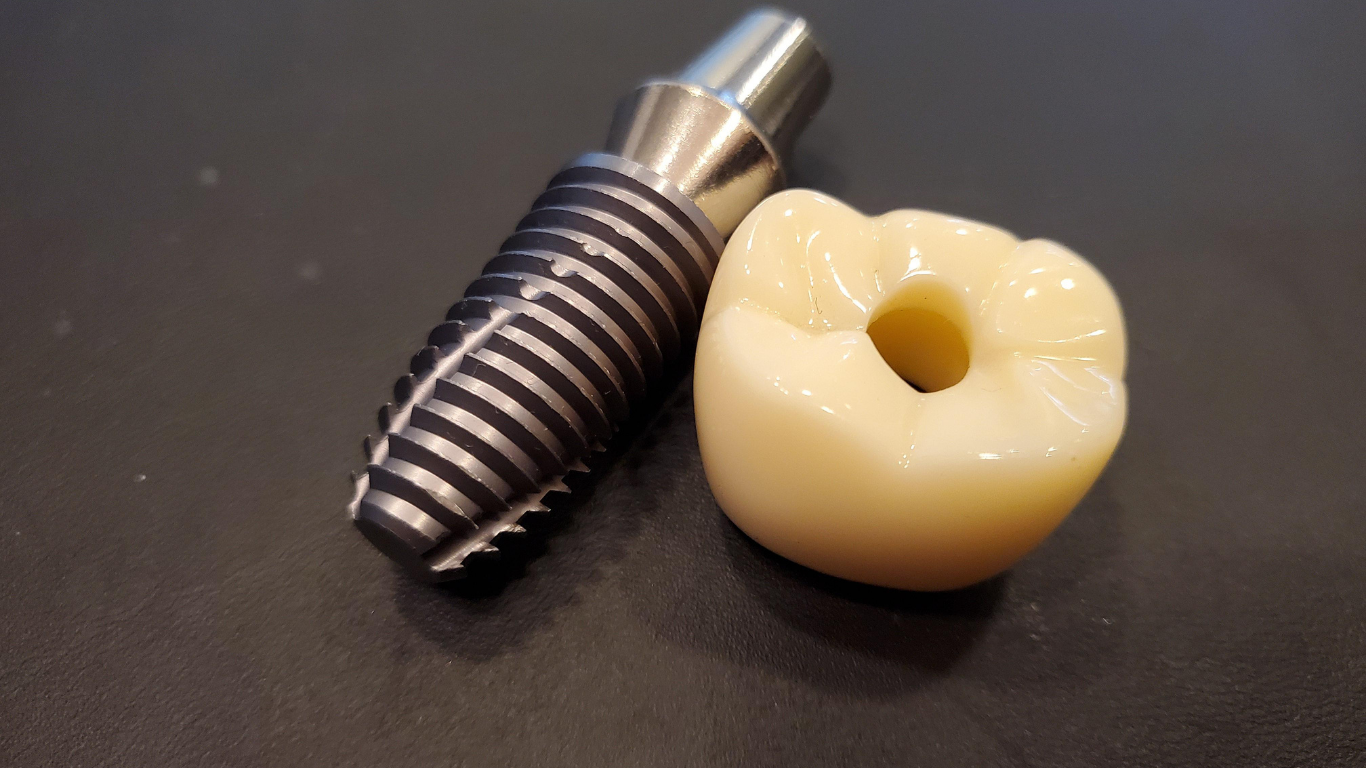Dental implants are often the go-to solution for anyone looking to replace a missing tooth or two, offering a more permanent and natural-looking alternative to dentures or bridges. If you have recently had a dental implant placed, you are probably wondering what the next few weeks will look like. Recovery can vary from person to person, but with the right preparation and aftercare, you can significantly speed up the healing process and avoid complications. In this article, we will walk you through what to expect after getting a dental implant, the dental implants cost in Singapore, as well as provide tips to ensure you heal smoothly and effectively.
The immediate aftermath: What to expect in the first few days
Immediately after your dental implant surgery, you might experience some discomfort, swelling, and bleeding around the area where the implant was placed. This is completely normal. Since dental implants involve inserting a titanium post into the jawbone, it is expected that there will be some pain, especially if the implant was placed in a sensitive area.
For the first 24 to 48 hours, your main goal should be managing pain and reducing swelling. Most patients are prescribed pain medication or anti-inflammatory drugs to help with the initial discomfort. You should take the prescribed medication as directed, even if you are not feeling intense pain, to avoid any potential discomfort.
Ice packs are your best friend during this initial period. Applying an ice pack to the outer part of your cheek close to the implant site can help minimise swelling and make the area feel numb. Use the ice pack for about 15-20 minutes at a time, with breaks in between to avoid overcooling the skin.
Post-surgery care: How to keep the implant area clean
While it is important to avoid disturbing the implant site in the first few days, you should still maintain good oral hygiene to prevent infection. However, brushing the area around the implant should be done with care. For the first 24 hours, avoid brushing the implant site directly. After this initial period, you can gently clean the area with a soft toothbrush, making sure not to apply too much pressure.
Your dentist may also recommend using an antiseptic mouthwash to rinse your mouth. This helps prevent bacteria from building up around the implant. Make sure to follow your dentist’s instructions carefully regarding which mouthwash to use. Avoid using alcohol-based mouthwashes, as they can irritate the healing tissues.
In terms of food and drink, you will need to be gentle on the implant site for the first few days. Stick to soft foods like yogurt, soups, mashed potatoes, and smoothies. Avoid anything too hot or cold that could cause discomfort, and steer clear of hard, crunchy foods that might put unnecessary pressure on the implant.
The healing process: What happens in the weeks that follow?
The initial healing period after getting a dental implant can last anywhere from a few days to a couple of weeks, depending on your specific situation and the type of implant procedure you had. During this time, your body is working hard to integrate the titanium post with the surrounding bone, a process known as ‘osseointegration’. This is the key to ensuring the implant remains secure and functions like a natural tooth.
While the initial discomfort will subside after a week or two, the process of osseointegration typically takes about three to six months. During this time, it is crucial to continue practicing good oral hygiene, avoid smoking (which can interfere with healing), and keep your follow-up appointments with your dentist to ensure everything is progressing as expected.
How to manage swelling and bruising
Swelling and bruising are common side effects after dental implant surgery, and they may last for a few days. It is not uncommon to feel a little swollen or bruised around your face, especially if the implant was placed on the upper jaw. In some cases, swelling may even extend to the gums, cheeks, or chin.
Using ice packs during the first 48 hours can significantly reduce the extent of swelling. After that, warm compresses might be recommended to help soothe the area and encourage blood flow to promote healing. If swelling persists beyond a week or becomes more painful, make sure to contact your dentist for advice.
Avoiding common mistakes during the healing period
While the process of recovering from dental implants is generally smooth, there are a few common mistakes that can slow down the healing process.
First, it is crucial not to rush back into your normal routine too quickly. For the first few days after surgery, you will want to avoid strenuous physical activities like exercising or lifting heavy objects. These activities can increase blood flow to the implant area and potentially disrupt the healing process. It is best to give yourself time to rest and recuperate.
Second, avoid smoking or using tobacco products during the healing period. Smoking can significantly interfere with your body’s ability to heal properly and can increase the risk of implant failure.
Lastly, do not skip your follow-up appointments with your dentist. These visits are essential for ensuring that the implant is healing correctly and for addressing any concerns you may have.
The final stages: Restoring your smile
Once your implant has fully integrated with the bone and your dentist gives you the green light, you can move forward with the next step: getting your permanent crown or bridge. This is the part where your dental implant truly becomes part of your smile. Depending on the complexity of your case, it might take a few more weeks to complete this final stage.
Once your permanent restoration is placed, you will have a functional, natural-looking tooth that can last you for decades.
The cost of dental implants in Singapore
The price of a dental implant can vary based on several factors. On average, dental implants in Singapore can cost between SGD 1,500 and SGD 6,000 per tooth. This price usually includes the surgical procedure, the implant post, and the abutment, which connects the implant to the crown.
However, there can be additional costs depending on the individual needs of the patient. For example, bone grafting may be required if you do not have enough healthy bone to support the implant. This can increase the cost of the procedure by a few thousand dollars. Similarly, if you opt for a premium brand of implant or require advanced technology, such as 3D imaging, the cost could be on the higher end.
While dental implants are generally more expensive than other tooth replacement options like dentures or bridges, many people find them to be a worthwhile investment due to their durability and natural appearance.
Conclusion
Getting a dental implant is a life-changing decision that restores not only the appearance of your smile but also the function of your teeth. The recovery process can take several months, but with proper care and patience, you can heal effectively and enjoy a full, healthy smile once again. The cost of dental implants in Singapore might seem high, but the long-term benefits – such as increased confidence, improved oral health, and a more natural look – make it an investment worth considering.
–
Dennis Tan Dental – Dr Dennis Tan Meng Kok, Dental Surgeon
22 Malacca St,
#03-01, RB Capital Building
Singapore 048980
Phone: +65 6348 5622
Whats app: +65 8874 7681




